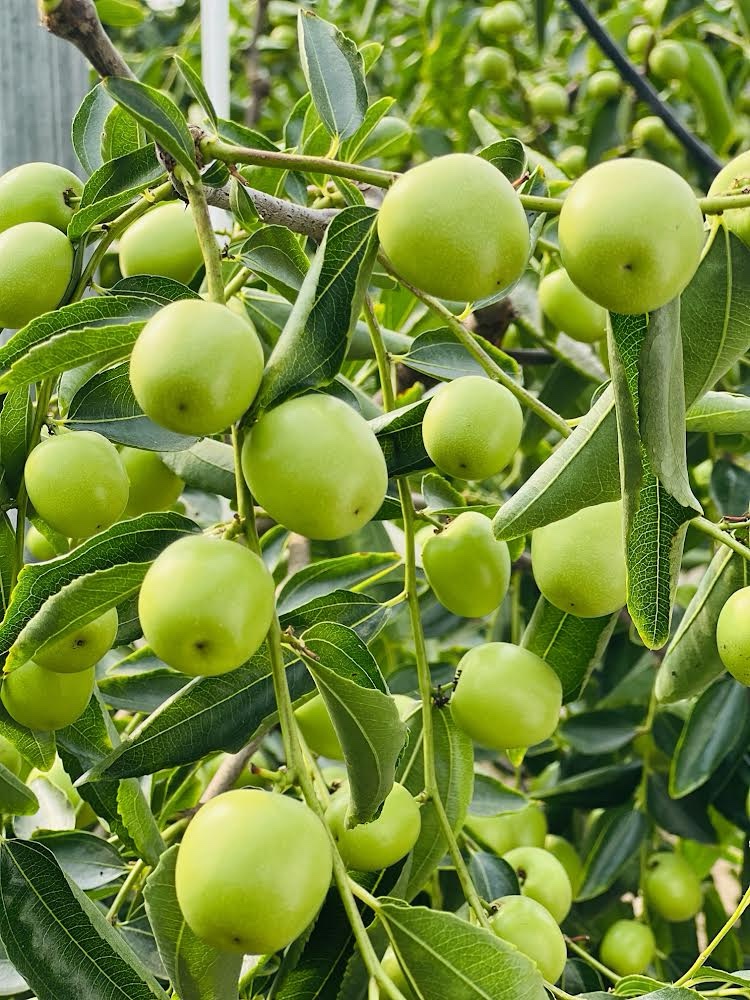
By Fatou Sillah
The winter jujube also known as the Chinese date or Chinese jujube stands as a cornerstone of agricultural prosperity in Shaanxi province. This vital crop not only dominates the dried fruit production sector but also serves as the main source of income for thousands of local farmers.
With a cultivation area spanning approximately 2 million hectares and an annual yield surpassing 8 million tons, jujube farming is predominantly concentrated in six key provinces Xinjiang, Hebei, Shandong, Shanxi, Shaanxi, and Henan. While its commercial cultivation has flourished domestically, it has also gained international footholds in countries such as Korea, the United States, Australia, and Italy.
A recent visit by a delegation of African journalists to the village of Xiaopo in Shaanxi highlighted the significance of this fruit. The delegation toured the Organic Winter Jujube Modern Technology Demonstration Park, which covers 666.7 hectares the tour shed light on the advanced cultivation techniques and economic value of the winter jujube in the region.
The success of winter jujube cultivation has had a profound impact on poverty reduction in the region.
Given its economic and nutritional value, the jujube could play a crucial role in Africa’s socio-economic development. By learning from the successes in Shaanxi, African farmers and policymakers can develop strategies to enhance jujube production, improve market access, and boost rural incomes.
As the world looks for sustainable agricultural solutions, the story of Shaanxi’s winter jujube offers a compelling model of how a resilient crop can drive economic growth and reduce poverty in challenging environments.

